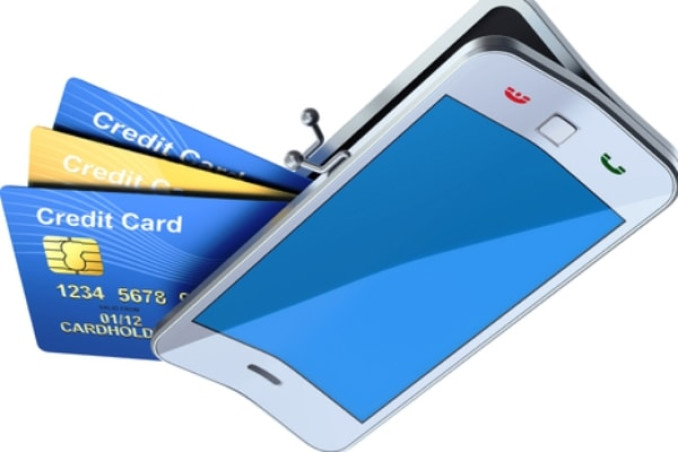In Egypt, high hopes for mobile wallets

CNNMONEY.
MARCH 30,2014.
North Africa and the Middle East have been sluggish to join the mobile money revolution, a movement that is transforming economies and delivering financial inclusion to the unbanked across the developing world.
That's particularly true when you compare the region's progress against sub-Saharan Africa, which has nearly 70% of the globe's 82 million mobile money customers, according to the GSMA, a London-based trade association representing some 800 wireless carriers.
However, Egypt's financial institutions and mobile network operators expect to change all that with the launch of at least four different mobile wallets in less than a year. The companies hope that their efforts will help lead the Arab world into a new era of wireless commerce. So far, however, the response has been somewhat underwhelming: only about 500,000 total subscribers in a nation of 85 million people.
"This is a little bit below our expectation, but not very far," says telecom analyst Omar Maher with Cairo-based investment bank EFG-Hermes. "One of the important challenges for mobile money in Egypt is that rural regions continue to be conservative in terms of where to keep savings and what ways to transfer cash."
First out of the gate in Egypt was Flous, the first-ever Arabic mobile money implementation. The wireless carrier Etisalat of Abu Dhabi, in partnership with National Bank of Egypt (NBE), the country's leading commercial bank, launched Flous in June of last year.
Since then, NBE has come to market with its own digital wallet known as Phone Cash. The service allows the banked and unbanked to make person-to-person money transfers, pay phone bills, and reserve airline tickets without being tied to a particular carrier. Soon Phone Cash customers will be able to pay for goods and services at certain merchants across Egypt, along with online purchases from international e-tailers.
The U.K.'s Vodafone Group, in collaboration with the House & Development Bank, has introduced Vodafone Cash, billed as the fastest, safest, and most convenient means of transferring money in Egypt. And Mobinil, in part controlled by French telecom giant Orange, has introduced MobiCash in cooperation with Emirates NBD.
Egypt's digital money services may not be signing up subscribers by the millions, but they have an important advantage over rivals in African countries where adoption of mobile money is much further ahead. That advantage is an open system with a central switch that ensures transactions between any two parties, such as money transfers and point-of-sale purchases, are settled quickly and seamlessly regardless of who they use as a bank or mobile operator at the back end.
"The Egyptian government and the central bank are working towards creating a more financially inclusive society," says Magdy Hassan, country manager for Egypt at MasterCard, provider of the mobile payments solution used by Egypt's central switch. "In a country where 65% of the population is unbanked, the mobile phone has emerged as a promising tool to further financial inclusion and offer basic financial services."
In comparison, Kenya's M-Pesa -- operated by wireless carrier Safaricom and considered to be the world's most successful mobile wallet with 15 million subscribers -- does not have a central switch. This has helped Safaricom establish a dominant market position and stifled competition by making it difficult for banks and other carriers to participate in that country's mobile-money revolution.
"M-Pesa builds on a rather unique circumstance in the Kenyan cell-phone market where Safaricom has largely a monopoly status," says Michael Fuchs, a development specialist who spent years in Africa working for the World Bank.
Still, Egypt and its neighbors also have a huge unbanked population and wireless operators looking to grow revenues in a saturated voice market. So why is the Arab world so far behind sub-Saharan Africa in the adoption of mobile money?
"In some countries of the region, including Egypt until recently, policy and regulation restricted services like mobile banking for fear of risk to the banking system," says analyst Maher with EFG-Hermes. "Also in the Gulf states banking penetration tends to be quite high, which lowers the need for a service like mobile money."
Egypt's new mobile wallets may help close the gap. After all, the country is known for its mobility: Cell phones and social media played a pivotal role in toppling the 30-year dictatorship of ex-President Hosni Mubarak during the Arab Spring of 2011, and then again in removing his elected successor Mohamed Morsi in 2013.
 Africas leading resource for digital financial services
Africas leading resource for digital financial services


comments